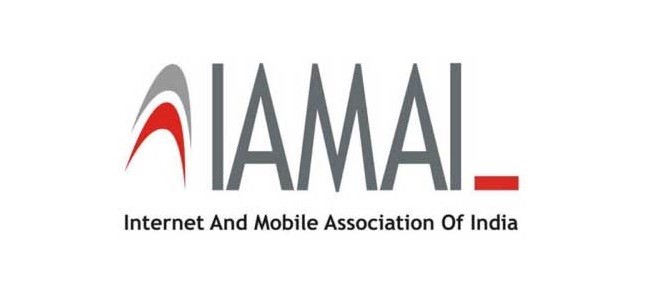
IAMAI today announced its support for the Telecom Bill recently presented in Parliament. The association, representing nearly 600 internet companies and startups, sees the Bill as a positive move, particularly for excluding internet companies from its scope, aligning with IAMAI’s recommendation to limit the Bill to the network layer.
IAMAI emphasizes the importance of maintaining the traditional distinction between regulated telecom spectrum controlling entities and spectrum-using companies. This distinction, according to IAMAI, has been crucial for fostering innovation and expanding internet access in India.
Exemptions and Provisions Aligned with IAMAI Suggestions
The bill now explicitly excludes email, internet-based communication services, broadcasting services, machine-to-machine communication services, and over-the-top (OTT) communication services, aligning with IAMAI’s recommendations.
Additionally, provisions for the administrative assignment of spectrum for Global Mobile Personal Communication by Satellites (GMPCS) have been incorporated, as proposed by IAMAI.
The association had advocated for the inclusion of all satellite communication purposes within the administrative assignment process, a suggestion reflected in the current Bill.
Vodafone’s Perspective on the Telecom Bill
According to Akshaya Moondra, CEO of Vodafone Idea Limited, the company warmly welcomes the Telecom Bill’s rationalization of penalties and legal enforceability of right-of-way provisions—a longstanding request from the industry.
Moondra emphasizes that the bill marks a significant moment in telecom reform, illustrating the government’s commitment to providing a future-fit framework for Indian telecom.
Airtel’s Applause for Progressive Reforms
Gopal Vittal, MD & CEO of Bharti Airtel, warmly compliments the government for introducing a progressive Telecom Bill in Parliament. Vittal applauds the groundbreaking reforms that streamline India’s licensing landscape, simplifying the current complex system into a more cohesive and efficient authorization-based regime.
He acknowledges the government’s retention of oversight for telecom networks, emphasizing its importance for sovereign security, a fundamental requirement in India’s telecom licenses for the past two decades.
Speaking about the Telecom Bill 2023, Akshaya Moondra, CEO, Vodafone Idea Limited, said:
The Telecommunications Bill, 2023, is a pivotal moment in telecom reform, demonstrating the Government’s dedication to providing a future-ready framework for Indian telecom, aligning with the growth aspirations of new India.
The Bill introduces forward-looking provisions aimed at extending the benefits of digital connectivity to all citizens. We appreciate the long-awaited rationalization of penalties and the legal enforceability of right-of-way provisions, addressing industry concerns.
Recognizing telecom networks as critical infrastructure, the Bill imposes punitive consequences for any damage, prioritizing the security of our communication systems. By emphasizing the responsibilities of users, the Bill places equal importance on consumers to contribute to national security by meeting specified requirements.
Commenting on the Telecom Bill 2023, Gopal Vittal, MD & CEO of Bharti Airtel, said:
I extend warm appreciation to the Government for introducing a progressive Telecommunications Bill in Parliament. The proposed reform on Right of Way (RoW) is a significant step, set to expedite the deployment of telecom infrastructure, including 5G. This move ensures enforceability of Central RoW rules at the local level, boosting confidence in the industry for a faster rollout.
Another crucial reform involves the restructuring of penalties, simplifying the penalty framework regime under the proposed Bill. The tiered system of graded penalties aligned with the severity of the breach is a noteworthy improvement. The inclusion of a voluntary undertaking and an appeal process within the Government aims to streamline dispute resolution and reduce litigation.
Retaining oversight of telecom networks from a sovereign security perspective is a prudent decision by the Government, aligning with the integral requirement of India’s Telecom licenses over the past two decades.
